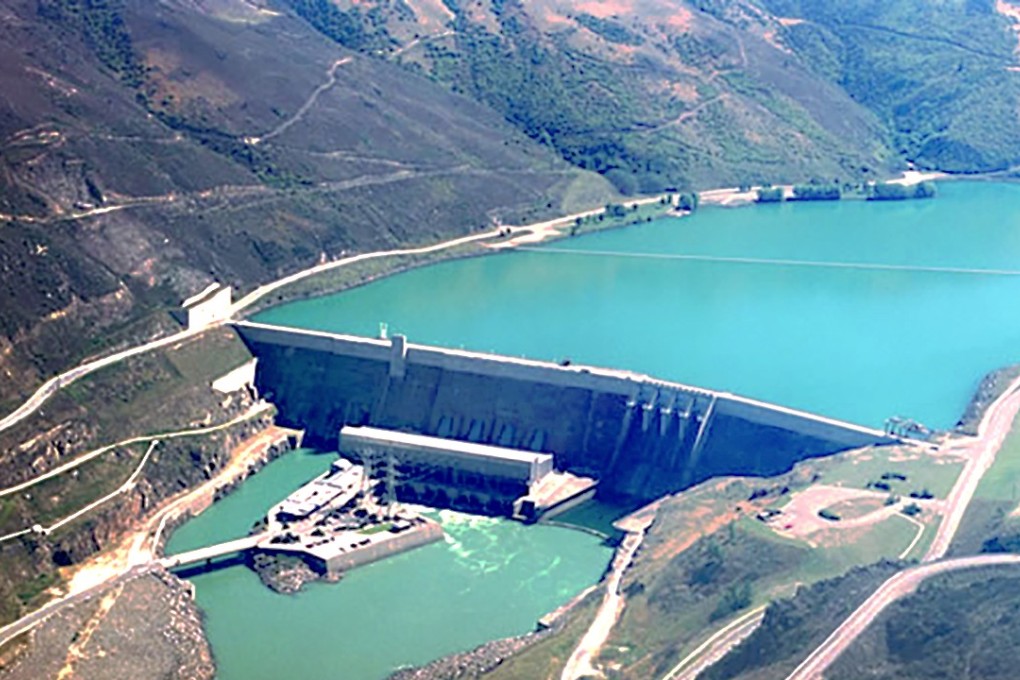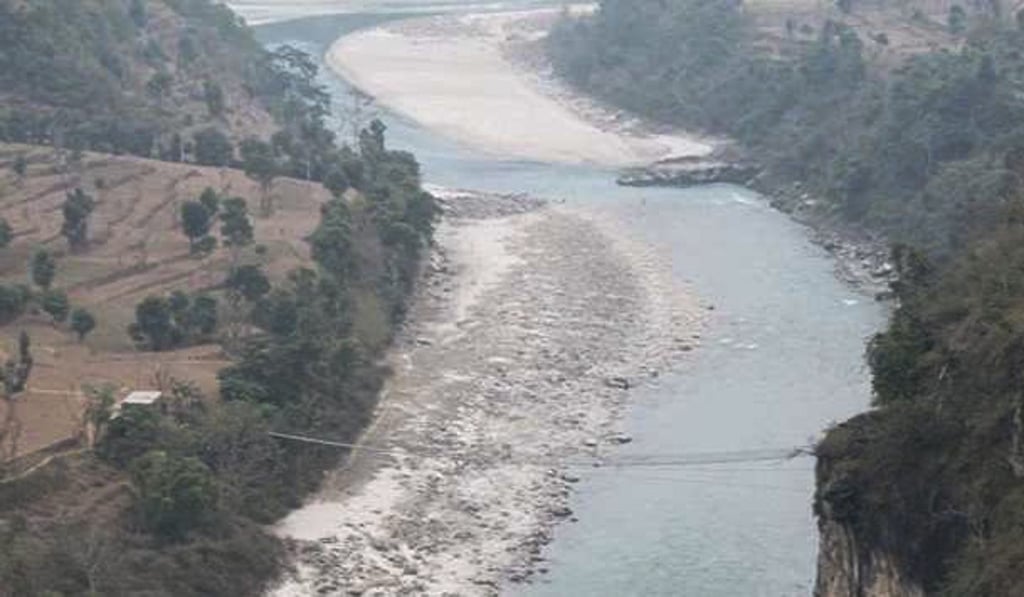Mind the Gap | Nepal and Pakistan pulling the plug on Belt and Road plans, casts spotlight on public tender issues
Full transparency – through competing public tenders – of the adequacy, suitability and quality of the Chinese equipment being used could soon become a serious problem

When lofty aspirations meet the real world of competing sovereign interests the reality is that being a global superpower requires a delicate weaving of soft versus hard power with influence and dominance at multiple levels comprising military, political, economic and technological.
And a few recent cracks in the plans for hegemony highlight the complicated road to infrastructure based influence faced by China.
Last week, according to an SCMP report, the government of Nepal appears to have decided to abandon the US$2.5 billion deal to build the Budhigandaki Hydroelectric project dam with the Chinese state company China Gezhouba Group. The deal was scrapped by a new, incoming administration which criticised that the deal was signed without an open tender process, which was required by law.

Ironically, the agreement was originally signed a few weeks after Nepal joined China’s “Belt and Road Initiative”. Then, last week, Pakistan also decided to pull out of the US$14 billion Diamer-Bhasha dam with China because it refused accept the strict deal conditions.
The project will go on ahead, however, as Pakistan has decided to finance the project – which will generate 4,500 megawatts (MW) of hydropower – itself.
